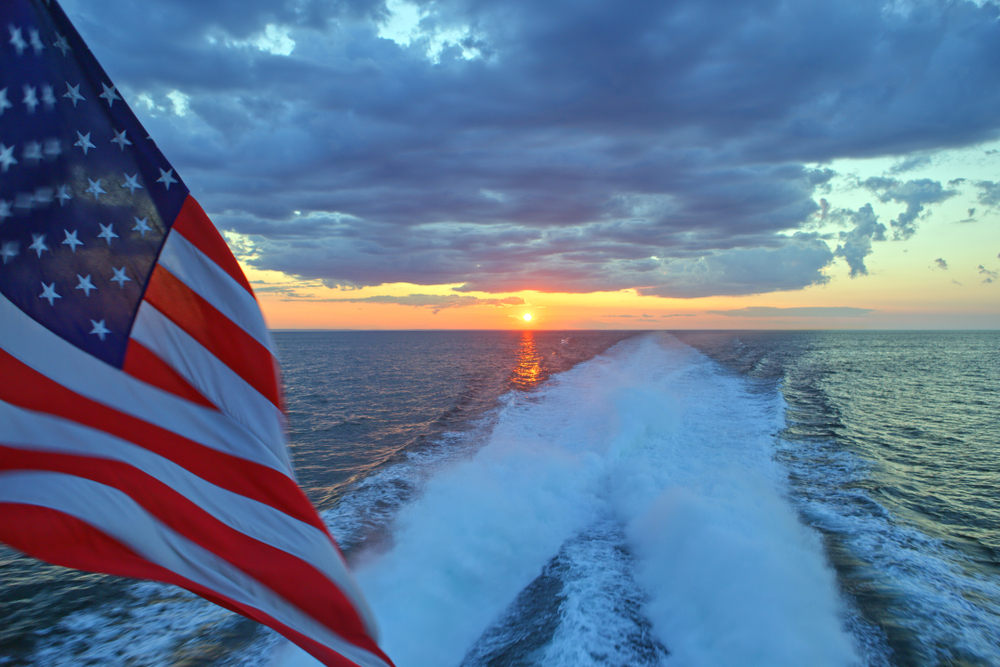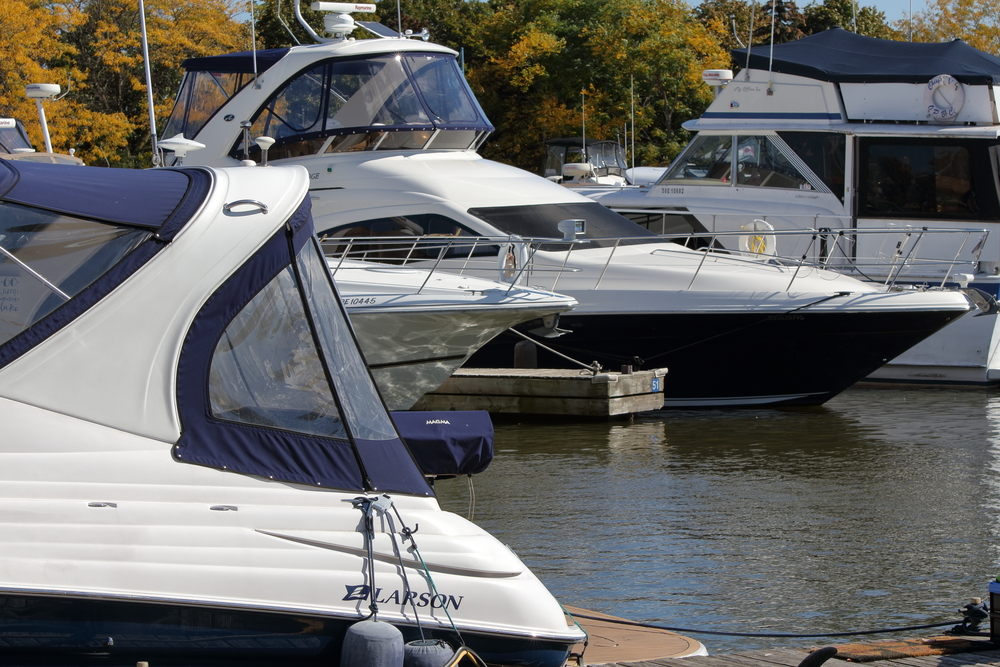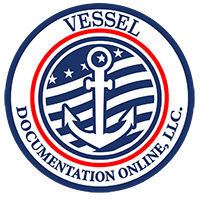It’s forbidden by Annex V of MARPOL 73/78 to throw, discharge or deposit any refuse material of any kind, including trash, garbage, oil and other pollutants, into the waters on the USA. Regulations issued under the Federal Water Pollution Control Act require all vessels with propulsion machinery to have a capacity to retain oily mixtures…

The Equipment Requirements To Sail – Vessel Documentation Center
Aside from your vessel documentation, there are other things to consider to sail properly in the US. The United States Coast Guard establishes minimum standards for recreational vessels and associated safety equipment and must be in compliance with its standards, specifications, and regulations for performance, construction, or materials. Life jackets Each person on board must…
Navigation Law Enforcement
According to the U.S. Coast Guard Boarding Policy, a vessel hailed by a Coast Guard vessel is required to heave to or maneuver as directed so as to permit a boarding team to come aboard. Other Federal, state or local maritime law enforcement officials may also board and examine the vessel. The U.S. Coast Guard…
Safe Boating and Survival Tips
Approximately 70 percent of accidents involving fatalities occur on boats where the operator had no formal instruction on how to operate the vessel. That’s why it’s so important to have training no matter how experienced the boater is. As a result of some operator’s negligence, more than half of all states have enacted legislation mandating…

Registration Methods For U.S. Recreational Vessels
There are basically two methods to register Recreational Vessels in the USA: Vessel Registration, which is a Certificate of Number issued by a specific state Vessel Documentation, issued by the U.S. Coast Guard Recreational Vessels Registration All those vessels equipped with propulsion machinery must be registered in their state of principal use with a Certificate…



